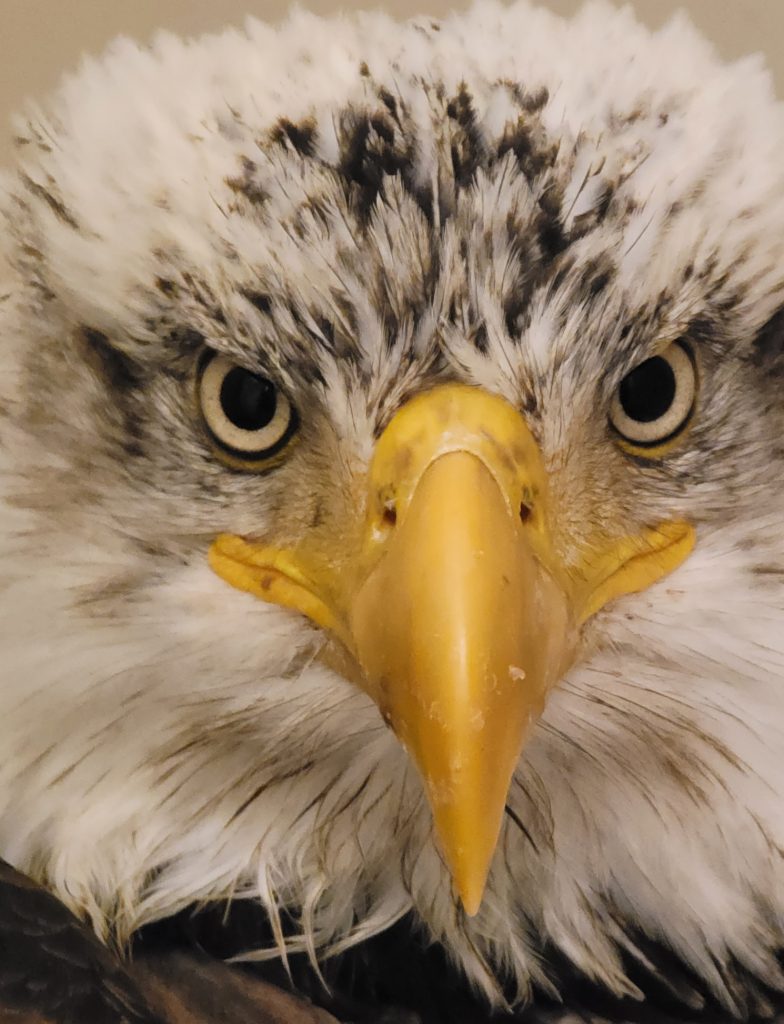About TWHC
Who we are
Twin Harbors Wildlife Center’s team includes 2 wildlife veterinarians that are licensed wildlife rehabilitators, volunteers, partners, Grays Harbor Veterinary Services staff, and the communities we serve. We accept the challenge of providing excellent care to more than 150 species that inhabit the Grays Harbor and Pacific Counties.
Our goal is to treat 1,500 wildlife patients per year to include eagles, owls, gulls, crows, robins, bats, rabbits, chipmunks, squirrels, river otters, opossums, and more.
Rehabilitation – Saving lives
Rehabilitation begins when affected wildlife is brought to Twin Harbors Wildlife Center. For some patients, care can last as little as a few days. For others, such as orphaned babies, or the critically ill or injured, it could mean weeks, or even months in our care.
Every effort is made to provide the most appropriate and best care, then release wildlife patients as soon as possible for their safety and well-being.
Education
How Can I Help?
The average cost for one week of basic rehabilitation care varies with the type of animal that comes to Twin Harbors Wildlife Center: $35 for each bird, $55 for each baby mammal, and $79 for each raptor. In order to provide the necessary care to rehabilitate wildlife, we rely heavily on individual donors like you.

